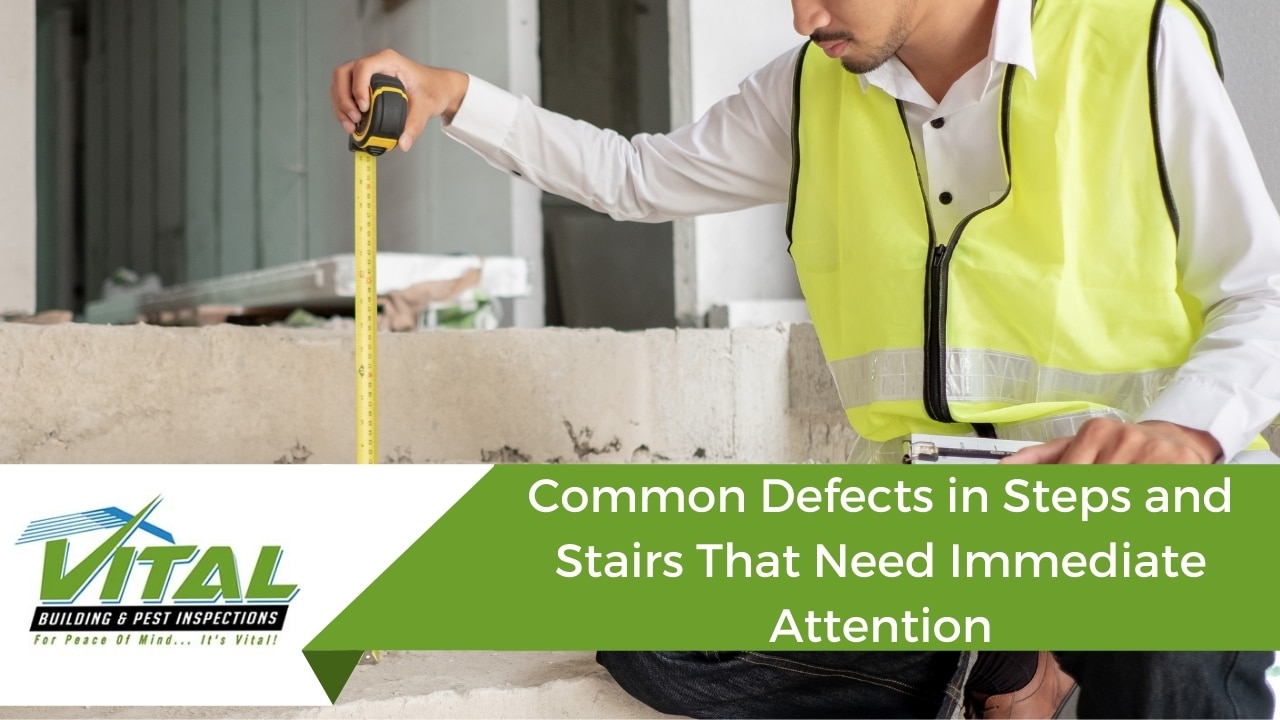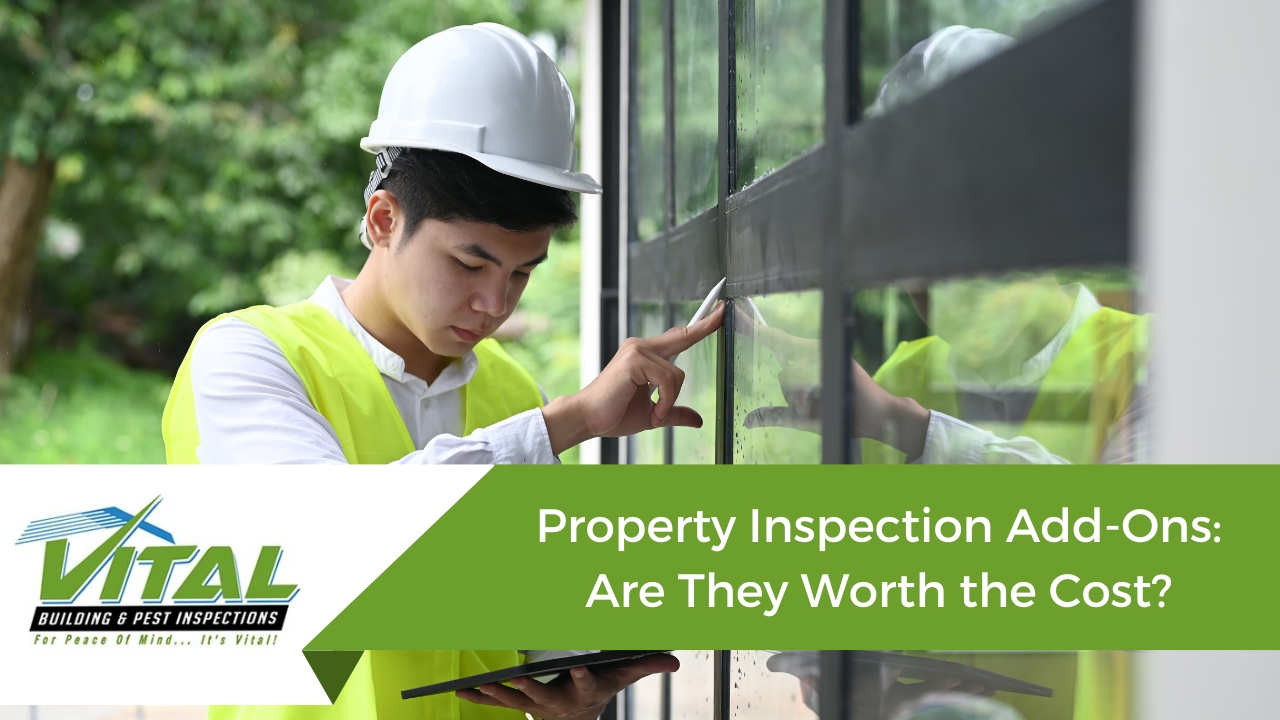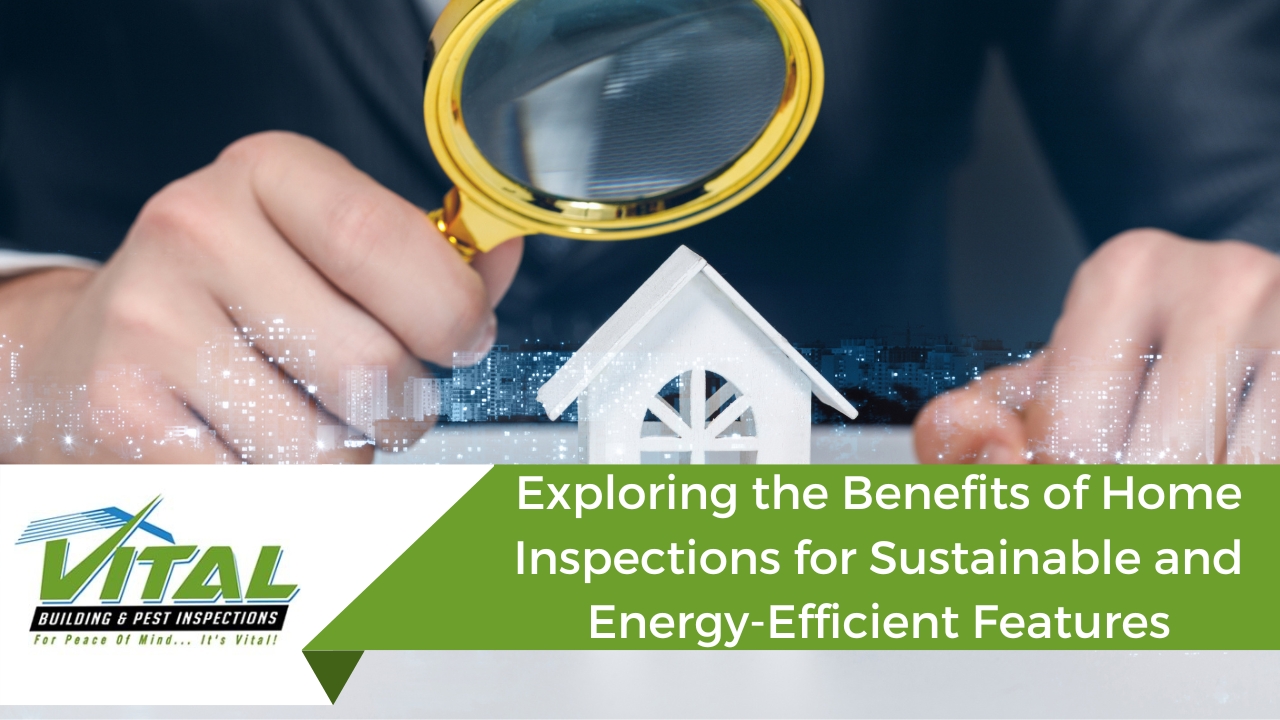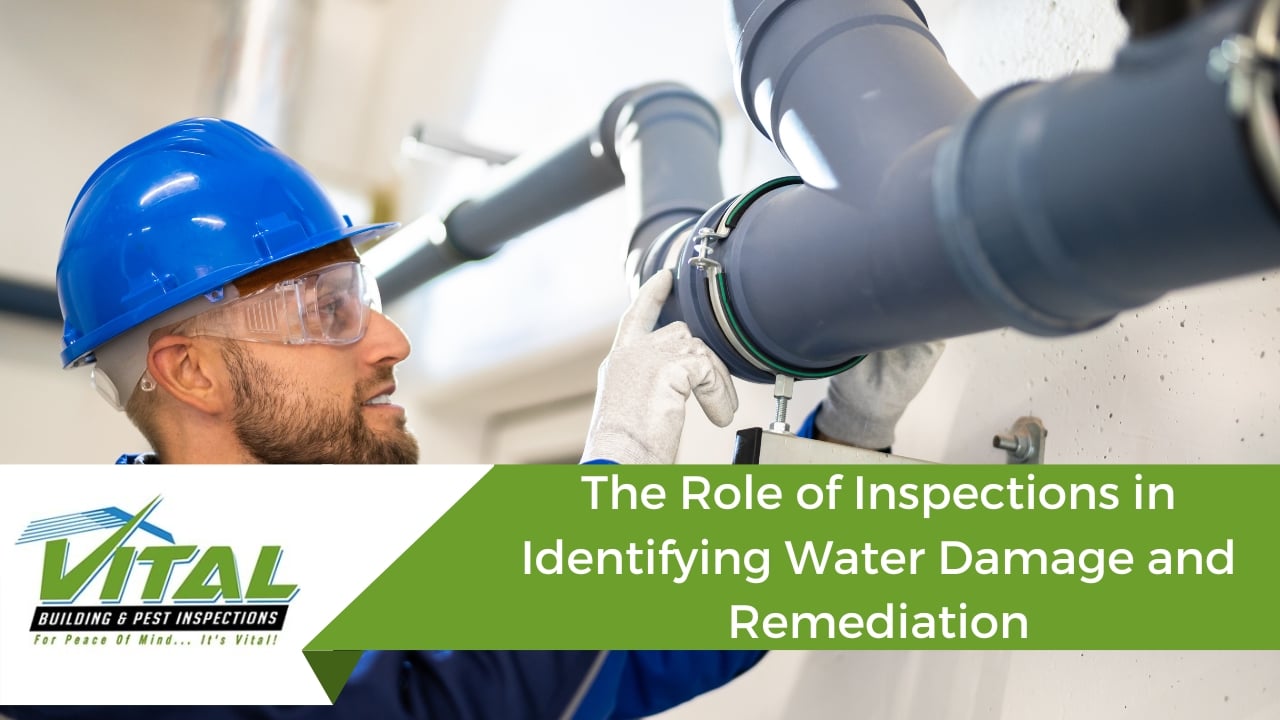Issues with steps and stairs that can cause grave injury and costly repairs.
Buying a house is no easy feat. There is so much that the future homeowner needs to check before signing the contract. A house is no cheap purchase, and in fact, it is a big commitment. However, it is fairly easy for any homebuyer to get caught up in the excitement and miss some defects in the process.
The house-hunting process is stressful and overwhelming enough for homebuyers. With a wide range of choices, it is easy to get lost. Then of course, there is the cost. Everybody wants a spacious home with amazing views until the prize is brought to the table.
The process does not stop with finally choosing a house. Pre-purchase inspections are important and necessary before closing the deal.
A pre-purchase inspection is like a test drive. It will let the homebuyer know of any problem before shelling out some hard-earned money. It can help homebuyers save a lot and keep them and their family safe. Buying a home with a serious defect can lead to accidents and injuries if not identified and repaired as soon as possible.
One part of the house that is almost always overlooked is the stairs.
7 Common Issues in Steps and Stairs
Stairs and steps are prone to falls and injuries. A misstep or a slip can result in serious injuries. Unfortunately, many homebuyers usually miss thoroughly checking the stairs and steps. This is because they are so focused on the kitchen, living room, bedroom, and bathrooms. Some would even check on the garage or the yard first. After all, no one stays for a long time on the stairs.
Missing on checking the stairs and steps, however, can be a costly mistake. Here are some common defects found in stairs and steps that will require immediate repair and rectification.
- Isolated steps
The recommended height from the top of the tread to the next is 190 to 195 mm. The angle of the stairway should be 30 to 38 degrees.

In some cases, there is that one step that is not completely visible. As it is not immediately noticeable, people tend not to expect this step. This can cause some problems for people going down the stairs, especially those carrying things and cannot balance themselves.
Level changes in stairs should be avoided unless it is deemed necessary. If these changes are needed, changes in the level of the steps should be highlighted to catch the attention of users. Handrails or slip-resistant nosing may be helpful for isolated steps.
- Irregular steps
The recommended run of a staircase tread is 240 to 355 mm. Inconsistent dimensions characterise irregular steps. Some steps may be longer or shorter compared to others.
Short steps are another irregularity that should be corrected. Short steps are steps that do not provide sufficient support for the balls of the feet. This can result in slipping if one is not too careful when going down the stairs.
- Low headroom
A low headroom can be troublesome and is not allowed under the Building Code of Australia. Headroom refers to the height between the ceiling and the stair nosing. The Building Code of Australia requires that there must be sufficient ceiling height. It should not be less than 2.1 metres for passageways and corridors.
A low headroom can result in injuries in the head, which may be severe, depending on the force of impact.
- Squeaky and creaky stairs
Squeaky and creaky stairs may not seem like much trouble except that they can be pretty annoying, especially at night. However, creaky stairs pose more problems than being caught sneaking out at night.
Many factors can cause squeaky and creaky stairs, and therein lies the real issue. Many things can cause it, including loose nails, shrinking timbers, and moving staircase fittings.
If left unrepaired, it can lead to bigger problems due to wear and tear.
- Cracked treads
Defective and cracked treads should be replaced immediately. Stairs built properly should not have any cracks. If ignored, the cracked tread can collapse over time and may lead to injuries.
However, changing out a staircase tread is not as simple as it sounds, and as such, DIY is not recommended. Addressing this issue should be left at the hands of an experienced carpenter.
- Tilting staircase
A staircase that is tilting to one side is a sign that the staircase is on the verge of breaking apart. It is just holding itself up and may give up to any force or pressure.
The tilting can be due to damaged framing, loose screws or nails, or other structural issues. If the staircase is tilting and there are cracked treads, then the whole staircase needs attention as soon as possible.
- No Railings
Whether there are kids and seniors in the family or none, railings in staircases are essential. The Australian Standard requires stairways should have a guard railing along the exposed side. Railings help reduce the risks of slip and fall.
The height of the railway should be at least 900mm and should not be more than 1100mm. In addition, the height should be uniform throughout the stairway.
Damaged or loose railings can also cause problems. People leaning on the railing may put their whole weight on it, which can cause the railing to collapse.
Contact Vital Building Inspections Sydney for your Sydney Pre-Purchase Inspection.
Some people skip pre-purchase inspections in order to save money. Little do they know that foregoing a pre-purchase inspection can be more costly. Imagine paying for a home that had hidden defects. There is nothing that you can do about it once you have signed a contract! Fortunately, with a Vital pre-purchase inspection, all these stairs and steps problems can be identified, along with other possible problems with the house in question. Let Vital Building Inspections Sydney help ensure that you are getting what you pay for and more. We can help ensure that your future house is safe and is in liveable condition. Give us a call at 0401 012 074 for a free quote or email support@vitalbuildinginspection.com.au for enquiries.






